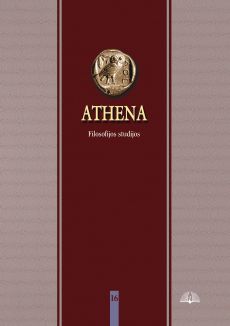Mobilusis telefonas, raštas ir atmintis
The Mobile Phone, Writing and Memory
Author(s): Dalius JonkusSubject(s): Structuralism and Post-Structuralism, Phenomenology, ICT Information and Communications Technologies, Rhetoric
Published by: Lietuvos kultūros tyrimų
Keywords: mobile phone; writing; memory; sedimentation; phenomenology; Ferraris; Derrida; Husserl;
Summary/Abstract: Even though cultural actions are creative, they are not established ex nihilo. They are based on previous actions, their passive or active memory, and extension. Memory is impossible without forgetting. To remember, we have to choose what matters and what does not. The mechanism of memory is based on forgetfulness, which does not deny memory as such, but in a sense makes it passive. Passive memory (forgetfulness) can be transformed into active memory through the actions of actualization and reactivation. Writing is a form of passive memory that can be activated by intelligent reading. The aim of the article is to discuss the phenomenon of the mobile phone as an example of socio-cultural writing and to raise the question of the relationship between writing and memory. Based on the concepts of writing developed by the Italian philosopher Mauricio Ferraris, Derrida, and Husserl, I argue that writing is a model of cultural sedimentation and memory.
Journal: Athena: filosofijos studijos
- Issue Year: 2021
- Issue No: 16
- Page Range: 24-36
- Page Count: 13
- Language: Lithuanian

